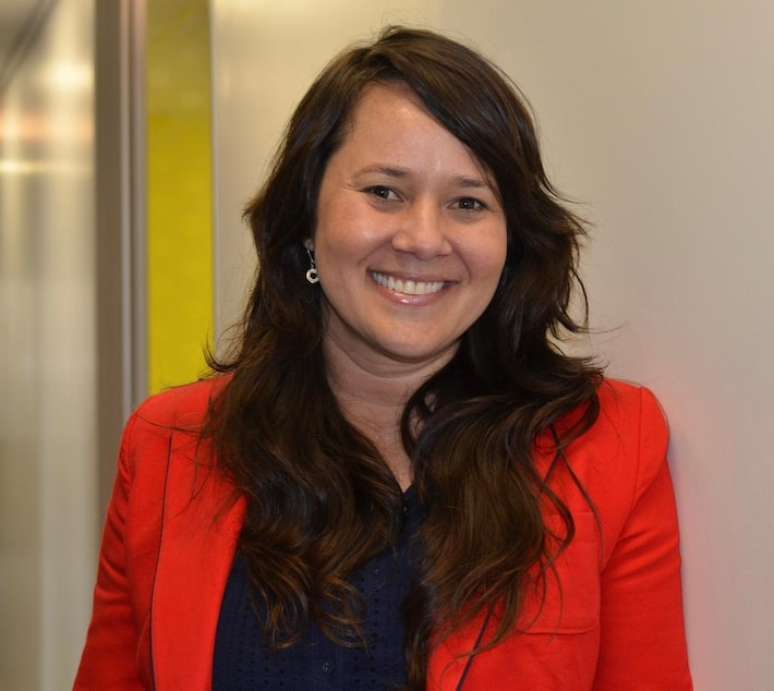Summary
Health plans often deny the treatments, but consumers can resort to ANS or justice, in particular after law 14,454/2022, which has expanded the obligations of the operators, making the ANS list exemplary and better protecting the rights of patients.
The scene is more common than it should: an exam is required, surgery is urgent, the treatment is already planned, but health insurance denies coverage. This impasse, which is already part of the reality of thousands of Brazilians, generates frustration, insecurity and, most of the time, risk for the patient’s life.
The complaints from patients against negative health plans have grown by 374% in the last ten years, according to Ans data. In 2014 61,500 complaints were recorded, jumping to 292,000 in 2023. In the first four months of 2024, there were 104,000 complaints, with a 35% increase in the same period of the previous year.
Although the coverage negatives guide the registers of the complaints against the health plans, it is known that consumers have legal tools to reverse the situation, sometimes quite quickly.
What are the most common reasons for negative coverage?
The main cases reported involve:
• exams and procedures considered “outside the list” of ANS;
• affirmation that the plan does not cover specific treatments;
• accusation of off-label use (outside the flyer) or that treatment is experimental;
• still in force;
• Surgical interventions denied by “non -ultimateness”;
• Refusal to provide medicines with a high care or home content.
Many of these topics, however, does not resist in the face of judicial decisions and interpretations of the ANS itself.
What to do if the health insurance deny the treatment?
1. Request the negative in writing – This step is fundamental. Any negative health plan treatment should be formalized by the plan, with clear, written or electronic justification. This will be a very important test if the health insurance operator must be triggered.
2. Record a complaint at ANS – The ans itself can intermediate the situation. Just register the complaint on 0800 701 9656 or the official website. In many cases, the plan dates back quickly after this notification.
3. Look for a lawyer or the public defender office – If the case is serious or urgent – as surgical interventions and risk treatments – the judicial way can guarantee immediate assistance through an injunction of the Court by sending the plan to cover the treatment under large and other responsibility sanction.
What does the law on the coverage of treatments say the health plan?
The coverage of medicines and treatments by the health plans has always been the subject of intense legal and social debates in Brazil. With the entry into force of law no. 14,454/2022, the regulatory scenario has undergone an important change, bringing greater protection to consumers and clarity on the hypotheses in which operators are required to pay the procedures not foreseen in the Rol of the National Supplementary Health Agency (ANS).
Before the new law, the understanding that the list of ANS procedures and health events prevailed, that is, health plans were needed to cover what was expressly listed. This interpretation has limited the beneficiaries to access innovative or specific treatments, especially in the case of rare or complex diseases.
Law no. 14,454/2022 has modified the law of the health plans (law n. 9.656/1998), making the Ans list exemplary. This means that the ANS list has become only a basic reference and is no longer an absolute limit for care coverage.
According to Marcel Sanches, a lawyer specialized in health and private law a Laws of LS“The judiciary has gone and has returned to a few times until he decides that the health plan has been requested to cover only the drugs of the Ans list. With the approval of law 14,454/2022, however, the list is again specimen. Since doctors do not prescribe experimental drugs or do not always prescribe experimental drugs.
Criteria for the obligation to cover
According to the new legislation, the health plans are required to cover drugs and treatments not foreseen in the ANS list when at least one of the following criteria is satisfied:
• proven effectiveness: Treatment or medicine should have a proven efficacy in the light of the health sciences, based on scientific tests and the therapeutic plan established.
• Conitec recommendation: The procedure should be recommended by the National Commission for the incorporation of technologies in the Unified Health System (CONITEC).
• International recommendation: Alternatively, there may be a recommendation of at least one body of evaluation of international health technology, provided that it is also approved in Brazil.
Judicialization of the coverage of the negative treatment by the plans
The negative of high cost treatments is one of the main reasons for the judgment of additional health in Brazil. Patients often appeal to the court to ensure access to essential drugs and procedures, in particular in case of cancer, autoimmune and rare diseases.
Second or Globo, in 2024, Brazil recorded about 300,000 new causes against the health plans, according to a survey by the Paulista Medical Association based on the data of the Court of Justice of San Paolo and national projections.
The growth of these actions is significant: the volume is more than doubled in three years, being the largest ever recorded since the beginning of the monitoring of the CNJ in 2020.
The response of the courts against the health plans
The jurisprudence was in favor of patients, especially when there is a proven medical prescription and the absence of effective therapeutic alternatives.
The fourth group of the Upper Court of Justice, for example, has unanimously ruled in ERESP 1,886,929 that a health insurance operator should pay a treatment with antineoplastic (rituximab), prescribed for off-label, provided that the drug is recorded with Anvisa.
The Court came from the principle according to which the operator’s refusal is offensive, even if the drug is not foreseen in the ANS list, that is, indicated for use outside the flyer, provided that there is technical support and medical indications. The case strengthens the application of law 14.454/2022, which made the list of exemplary ANS.
The consumer success rate in these processes is high. Studies such as “judicialization in additional health: an assessment of the causes against an operator of health plans, Belo Horizonte, Minas Gerais, 2010-2017” (rankings of the institutions of Scimago), underlines that, in the care actions (such as the supply of drugs), the cause of the cause by the complaint reaches 89% of the decisions.
Denying care may seem like a common practice, but it is a right that the consumer does not have to accept silence. It is always necessary to look for information, record the negative and open Action against health insurance that denies medicine or careagile and with professional support.
Source: Terra
Ben Stock is a lifestyle journalist and author at Gossipify. He writes about topics such as health, wellness, travel, food and home decor. He provides practical advice and inspiration to improve well-being, keeps readers up to date with latest lifestyle news and trends, known for his engaging writing style, in-depth analysis and unique perspectives.









